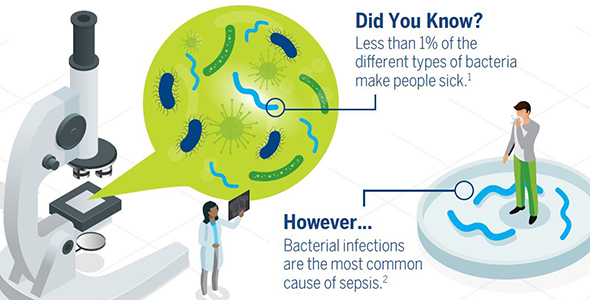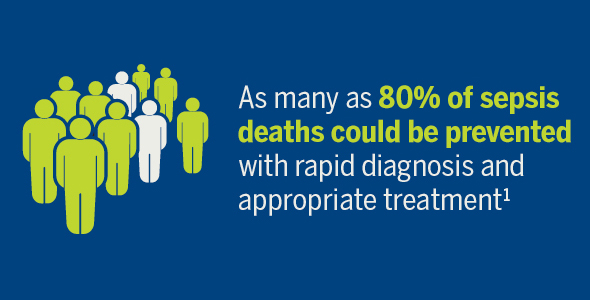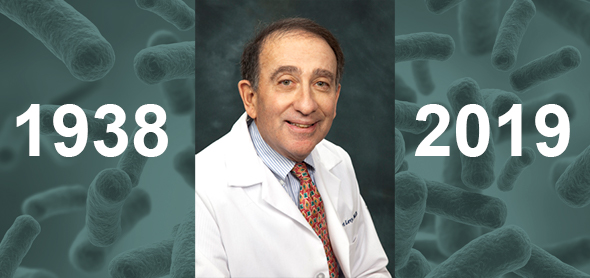Bacterial infections can develop in several ways, including from open wounds, surgical wounds, burns, consuming contaminated food or beverages, and breathing airborne bacteria.
Diagnosing & Treating Sepsis: The Need for Speed
Reduction in sepsis mortality is directly dependent on early identification and rapid initiation of appropriate antimicrobial therapy. Fast and accurate diagnosis may also shorten the length of a hospital stay and potentially help reduce the emergence of multidrug-resistant bacteria.
Life After Sepsis is Often Challenging
Of the 30 million people who get sepsis each year, 24 million survive. While battling sepsis is difficult, the complications that people face after their ordeals are over can be challenging or even deadly.
bioMérieux Joins the Scientific World in Celebrating the Legacy of Stuart Levy, MD
Antimicrobial resistance is a major public health issue across the globe. On September 4, 2019, we lost a partner in that mission. Stuart Levy, MD, one of the earliest and loudest voices warning of the dangers of antibiotic overuse in both humans and animals, passed away after a prolonged illness.
The Value of Diagnostics in Combatting Antimicrobial Resistance – A Public Health Problem
At this year’s World Anti-Microbial Resistance Congress, Dr. Tristan Timbrook delivered a...
Lindsay Denny Discusses the Critical Role of WASH in Preventing Infectious Diseases and Fighting Antimicrobial Resistance
WASH, which stands for water, sanitation, and hygiene, are basic...






